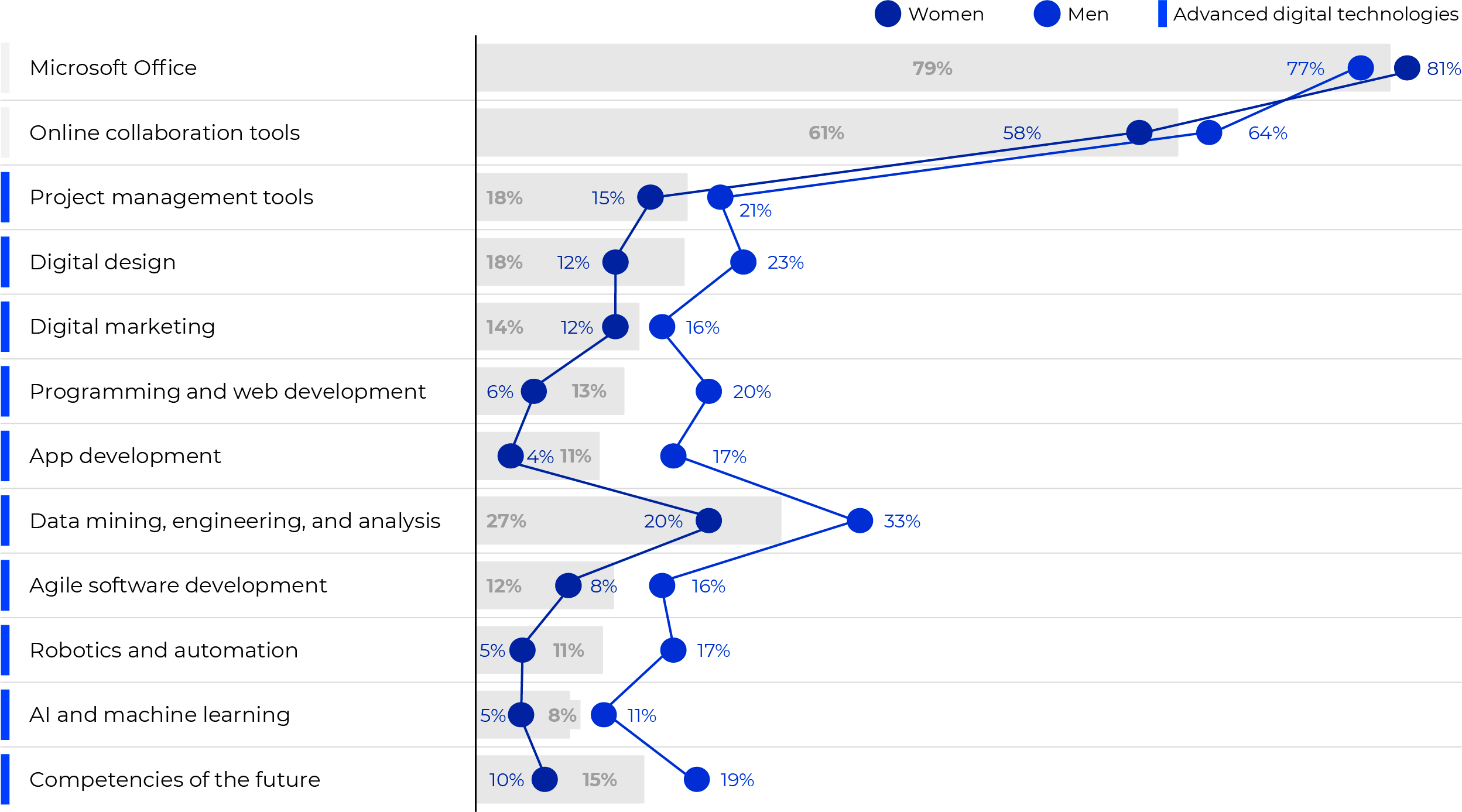Moscow, April 4, 2023. New research by Yakov & Partners and hh.ru, the largest Russian online recruitment platform, titled Labor market trends – 2023, finds that the majority (62%) of Russian citizens working abroad are ready to return in the near future due to personal reasons or in pursuit of career opportunities.
Despite all the changes happening in Russia and around the world, financial stability of the employer and remuneration levels remain the two most important factors guiding the choice of new employer for 92% and 89% of job seekers, respectively, showing no change vs. the 2020 results. At the same time, Russian job seekers have become more focused on work-life balance, surpassing the global averages for this indicator (76% vs. 69% around the world).
Potential employees in Russia also pay increasingly more attention (~80%) to personal relationships and job security when choosing an employer, while such factors as an ESG agenda (35%) or insurance (28%) are among the least important points. As to their ideal place of work, most job seekers prefer large private Russian or international companies, and only 18% would like to work for the government, which is less than half the global average (41%).
Russian job seekers have been very proactive this year: 38% are ready to become self-employed, and one in ten have already taken some steps to change their status. Moreover, 97% of the survey participants said that they were ready to retrain in order to remain competitive in the labor market (up 11 p.p. compared with 2020). All this suggests that the pandemic and geopolitical turbulence prompted people to take the responsibility for their employment situation and stop relying on long-term employment as a safeguard of their interests," reflects Elena Kuznetsova, a partner with Yakov & Partners and a co-author of the report.
Nearly every job seeker (96%) in Russia takes the time to learn and improve their skills, and 36% of the respondents invest several months per year. Two in three of the respondents said they invest in self-development, 61% learn on the job, and 55% said they use online educational resources.
Despite reporting a fairly large amount of training, job seekers also admit that they lack advanced digital and high-tech skills. Only 8% to 13% of the respondents said they had a good command of such subjects as artificial intelligence, robotics, agile development methods, and programming.
According to the study, the hiring scene in Russia is turning into an employee’s market after a brief period of “borderline state” observed between the spring and fall of 2022. "More than 70% of the respondents said they found their most recent job in less than two months, and almost half said they would be willing to keep looking longer than that to get the best possible job offer. Given that financial considerations remain firmly at the top of the list of candidates' priorities, we have to recognize that employers once again have to compete for the best talent, primarily in terms of salaries," says Natalia Danina, chief labor market expert at Headhunter Group.
In terms of geographical distribution, about 40% of the respondents said they were willing to move to another region of the country for the sake of a better salary. Moscow is ranked first on the list as half of the respondents are ready to relocate there. St. Petersburg comes second, and the Southern Federal District rounds out the top 3. The number of job seekers willing to leave the country in pursuit of new career opportunities increased to 58% (compared with 47% in 2020), yet only 6% of them are actively seeking out such opportunities.
As usual, the U.S. and Canada top the list of preferred countries for relocation among both Russian citizens and other nationals. At the same time, contrary to popular belief, the UAE did not make the top 10 countries for relocation.
"An even greater number of people (62% of the respondents) currently working abroad said they were ready to come back home, citing personal circumstances, better career opportunities, and a more favorable economic outlook for the country as their main reasons. Under these circumstances, we can reasonably expect that the migration flow, which emerged in 2022, may reverse in the next year or two," emphasizes Elena Kuznetsova.
In terms of labor productivity, one in three respondents noticed a negative influence of their emotional state on their performance at work in the past year. Professionals in the energy, construction, and legal sectors seem to be the least affected by their emotional state, while those in the IT, telecom, and consumer goods industries seemed to feel the impact the most.
More than half of the employers said they were ready to take measures to support the emotional health of their employees, but only 6% of them are already doing so and have increased their respective budgets. Yet their go-to solution is to organize team-building activities, while the needs of employees lie elsewhere. They require a tailored approach, individual rest areas, and reimbursement for qualified psychological assistance. In the medium term, this misinterpretation of the needs might impair the ability of employers to maintain the necessary level of comfort and ultimately the productivity of labor," concludes Natalia Danina.
The research spanned more than 7000 job seekers and more than 220 employers from all over Russia with widely different characteristics.






